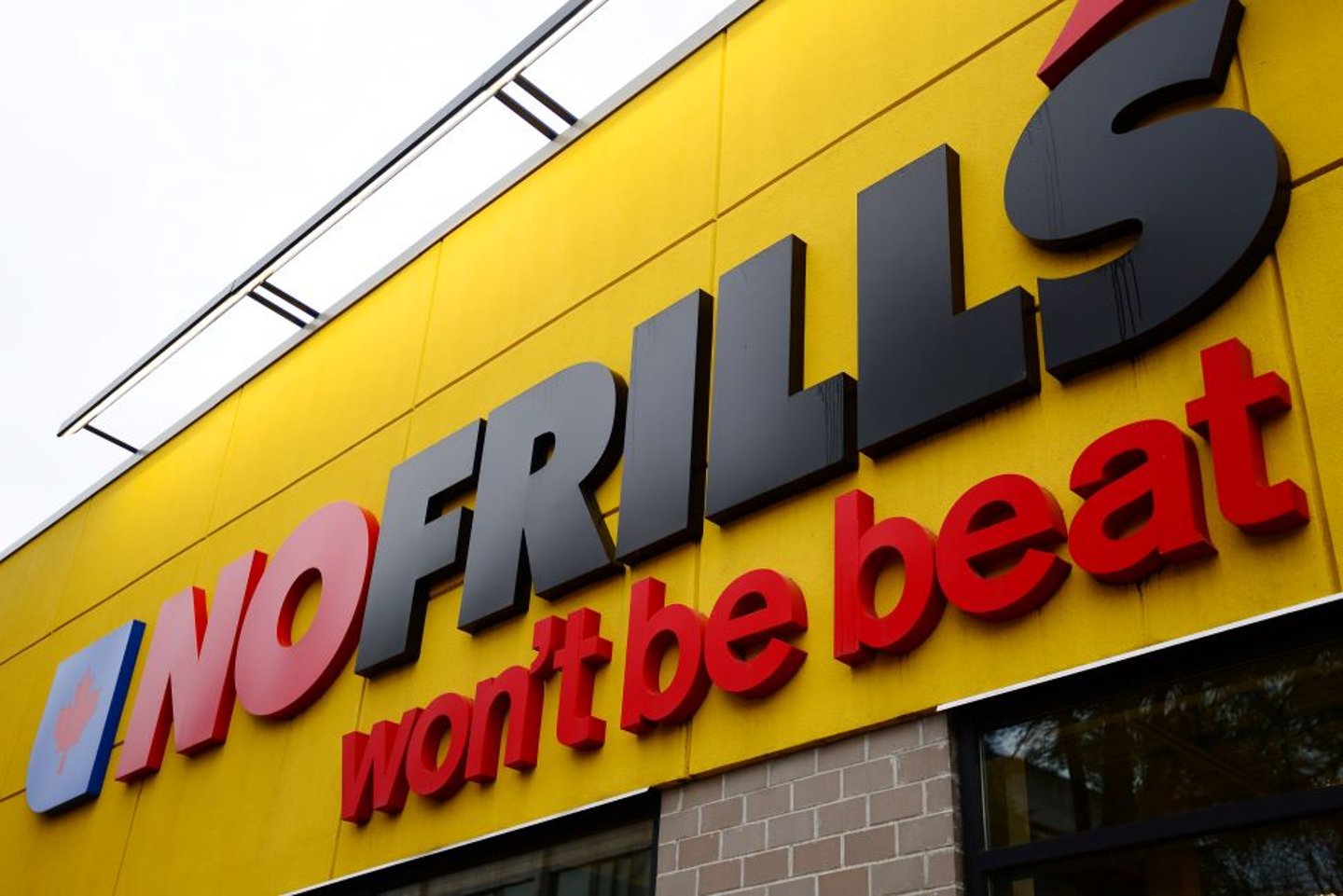No Frills small format location opens in downtown Toronto
Loblaw Companies Ltd.’s No Frills, a popular hard discount grocery retailer, has opened a small format store, located in downtown Toronto.
Located at King and Shaw St. in Liberty Village in what was once a City Market, the store is under 15,000 sq.-ft. in size, half of a traditional No Frills. It will offer customers full produce and meat offering, special products and formats to meet community preferences, and hot foods and a bakery, something not found in many discount stores.
“The new, smaller format gives us flexibility when determining new locations, whether in urban or rural settings, we can now open stores where Canadians need them most, improving access to lower cost food,” said Melanie Singh, president of Hard Discount, Loblaw Companies. “While smaller in size, the shopping experience will be comparable to the large format store—we design each new location with a full grocery shop in mind, according to the customers who shop there, stocking the brands and products they want most at the prices they have come to expect from No Frills."
“We heard from the neighbourhood that ready-made food was super important. Especially for lunch, especially for the end of the day, for the transient traffic that comes in the afternoon,” says Singh, in an interview with the Canadian Press. “So we kept those programs.”
This move comes as shoppers have been increasingly gravitating toward discount stores and private-label brands to try and mitigate the effects of food inflation. Earnings reports from the major Canadian grocers have shown discount store traffic has been a major driver of sales growth amid this shift.
It’s a timely move by the grocer, said retail analyst Bruce Winder, as consumers are looking for more ways to save.
“There’s a lot of people struggling with cost of living, particularly in the big urban centres,” he adds.
Winder thinks introducing more small discount stores will be a popular decision not only right now, but also in the long term. “Some of the changes we've seen from a demographic and spending pattern post-pandemic, I think these are mostly here to stay,” he said. “I think that these type of discount grocers are important, and they're going to grow, and they're going to be popular not just now but in the future because of that, because these are permanent changes to the economics of living in big cities in Canada.
With files from the Canadian Press




